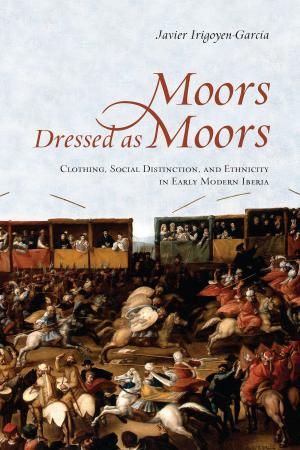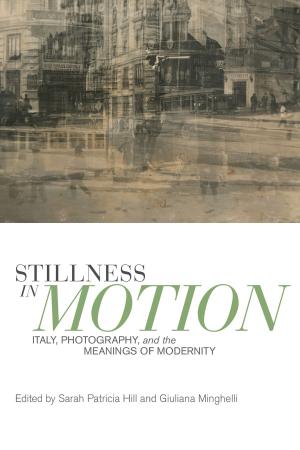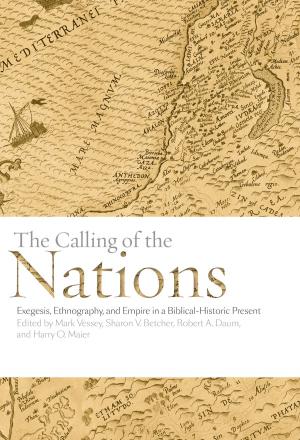Cultures of Communication
Theologies of Media in Early Modern Europe and Beyond
Nonfiction, Religion & Spirituality, Reference, History, Germany, Modern| Author: | ISBN: | 9781442630390 | |
| Publisher: | University of Toronto Press, Scholarly Publishing Division | Publication: | April 24, 2017 |
| Imprint: | Language: | English |
| Author: | |
| ISBN: | 9781442630390 |
| Publisher: | University of Toronto Press, Scholarly Publishing Division |
| Publication: | April 24, 2017 |
| Imprint: | |
| Language: | English |
Contrary to the historiographical commonplace “no Reformation without print” Cultures of Communication examines media in the early modern world through the lens of the period’s religious history. Looking beyond the emergence of print, this collection of ground-breaking essays highlights the pivotal role of theology in the formation of the early modern cultures of communication. The authors assembled here urge us to understand the Reformation as a response to the perceived crisis of religious communication in late medieval Europe. In addition, they explore the novel demands placed on European media ecology by the acceleration and intensification of global interconnectedness in the early modern period. As the Christian evangelizing impulse began to propel growing numbers of Europeans outward to the Americas and Asia, theories and practices of religious communication had to be reformed to accommodate an array of new communicative constellations – across distances, languages, cultures.
Contrary to the historiographical commonplace “no Reformation without print” Cultures of Communication examines media in the early modern world through the lens of the period’s religious history. Looking beyond the emergence of print, this collection of ground-breaking essays highlights the pivotal role of theology in the formation of the early modern cultures of communication. The authors assembled here urge us to understand the Reformation as a response to the perceived crisis of religious communication in late medieval Europe. In addition, they explore the novel demands placed on European media ecology by the acceleration and intensification of global interconnectedness in the early modern period. As the Christian evangelizing impulse began to propel growing numbers of Europeans outward to the Americas and Asia, theories and practices of religious communication had to be reformed to accommodate an array of new communicative constellations – across distances, languages, cultures.















